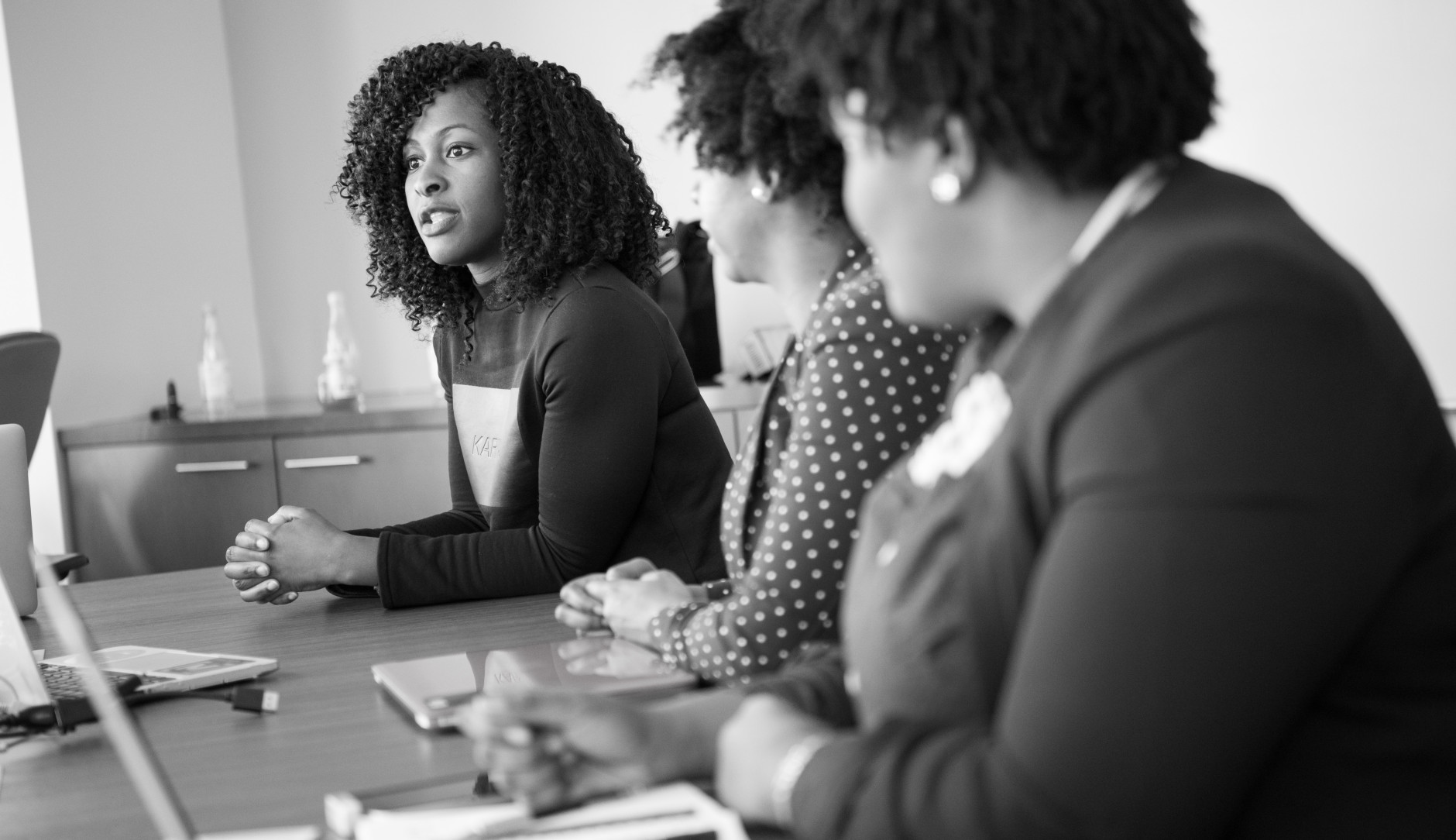The lack of women in politics is hurting us all. Let’s fix it!
Gender parity in politics is on the horizon! Unfortunately, at the current rate of change, none of us will live to see it.

There are more women in political decision-making posts than ever before. And yet, according to UN calculations, it will be another 130 years before women are equally represented in the highest positions of power.
Across the EU, just over 30 per cent of MPs of national governments are women, ranging from 47 per cent in Sweden, down to just 13 per cent in Hungary. At the EU-level, 39 per cent of Members of the European Parliament (MEPs) are women.
Getting into politics is hard; being in politics is worse
So why is it that there remain too few women in politics?
One sometimes-proposed explanation is that women are simply less interested in politics than men. It’s an explanation that is often invoked by those who want to shut down further discussion on gender equality, but, regrettably, there is some truth to it.
Research shows a persistent gender gap between men and women in declared political interest over the life cycle. At 15, girls are 20% less likely than boys to declare themselves politically interested – a gap that increases by a further 10% over the next decade.
This ‘disinterest’ is not surprising. Gender roles are socialised throughout childhood and, as girls witness an overabundance of men in politics, they begin to view it as a domain intended for their male classmates. Even at the tender age of 12, when asked to draw a political leader, three-quarters of girls will draw a male leader.
Gendered socialisation is also responsible for further limits on women’s political participation. Politics is a time-intensive profession and women are more likely to forego seeking office due to the demands placed on them as parents. This is a result, not only of the lack of family-friendly working conditions in legislatures or political parties, but in the social expectations placed on mothers that are not necessarily placed on fathers – nobody asks a male politician who’s looking after his kids during a 10pm parliamentary debate…
In the event that a woman does step into the political spotlight, she’s likely to suffer appalling abuse from the general public and even from her peers. A report by the Institute for Strategic Dialogue found that during the 2020 US presidential campaign, tweets about female candidates were more likely to be abusive than those aimed at male candidates (15 per cent versus 5-10 per cent) and were more sexualised.
At the same time, misogyny has been described as ‘rife’ in the British House of Commons, while former Dutch MEP Marietje Schaake has recounted how she endured harassment, unwanted sexual advances and belittling during her tenure, an experience echoed by her female colleagues.
Want to live longer? Elect a woman!
We might ask ourselves what difference any of this makes. Surely we want to see ‘competent’ politicians rather than electing women ‘just because’ they’re women. We might cite Giorgia Meloni or Marine Le Pen as examples of why female politicians are no better than their male counterparts.
Besides the obvious reason that fair representation of the population is a democratic good, there are clear and measurable benefits to having more women in decision-making roles – notable exceptions aside.
The presence of women in municipal councils has been shown to accelerate the expansion of public childcare – a fundamental component of bringing more women into the workplace and improving economic competitiveness. Canadian researchers have even established that, with more women in government, men live longer (female policymakers tend to support greater funding of healthcare, which reduces mortality rates).
Not only do female politicians tend to pursue more progressive policies, their way of doing politics is more cooperative. Female lawmakers have been found to be ‘more collaborative and consensual’ while male lawmakers are ‘more individualistic and competitive’. Given the crises Europe is currently facing, the ability of our leaders to work collaboratively will be essential.
What works to get women into politics?
The most efficient way to bring women into politics is through the use of quotas. Quotas can require a certain proportion of positions to be filled by women or in gender-balanced candidate lists. Volt, for example, uses gender-alternating lists that should include at least 50 per cent female/non-binary candidates.
Critics of quotas claim that they are antidemocratic and contravene principles of equality of opportunity. But they should be viewed as a temporary corrective measure, addressing a system that was inherently undemocratic in the first place.
In terms of abuse against women in politics, legislation combatting cyberviolence and better regulation of social media platforms could reduce the intimidation female politicians currently experience. Mandatory harassment training can also be helpful within political institutions (though this has already met with resistance from conservatives).
Better political education in schools – a policy Volt firmly supports – can help young people feel they have a role to play in decision-making regardless of their gender. Role models in the form of compassionate, thoughtful leaders are also vital in helping girls recognise their own political potential.
Normalising the idea that family and politics are not mutually exclusive might be achieved by providing childcare within political institutions, or by male politicians serving as allies to demonstrate that being a parent can be an asset to legislating rather than a liability.
But breaking down other barriers to women’s participation will require much deeper societal shifts. Tackling gender socialisation at all levels and in all fields will take time and political will. But it is essential if we want to show girls that they belong not just in politics but everywhere decisions are being made.
Article by Kate Fistric.